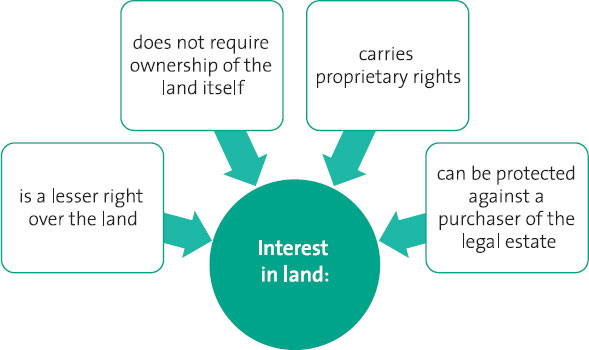What is Electronic Conveyancing (E-Conveyancing)?
Electronic Conveyancing (E-conveyancing) allows for an “electronic” settlement of a conveyancing transaction through an online exchange known as PEXA. The system will operate across Australia and is supported by legislation in Queensland.
The system does not cover all aspects of the conveyancing process but does allow for the preparation and signing of documents and their lodgement in the Land Titles Office as well as the completion of financial transactions involved in a conveyance (such as settlement money transfer and transfer duty payment) to occur electronically. Traditionally, each of these steps is handled by a paper process where printed documents would be signed by parties, and documents and cheques for settlement funds are physically exchanged at settlement.
The main advantage of an electronic settlement process is efficiency. Not only does the process make it unnecessary to attend a physical settlement for the exchange of documents and funds, when the exchange occurs, cleared funds are credited to the recipient’s account within a very short time. This has particular benefits for a Seller who will not be required to wait for cheque clearing procedures following a settlement.
When Can Electronic Conveyancing (E-Conveyancing) be Used?
The electronic settlement process cannot be used for all conveyancing transactions and can also only be used if all parties agree to it. The process is only available to financial institutions, and parties who engage a legal practitioner.
In our First Letter, we will tell you whether the Contract makes provision for Electronic Conveyancing (e-conveyancing) to be used for settlement. Even if it does, the use of e-conveyancing for settlement will likely depend on the agreement of all parties (including financiers) to do so.
Client Authorisation and Verification of Identity
We require your authority to use e-conveyancing for the settlement of the transaction. That authority must be provided in the form of a Client Authorisation. A separate authorisation form must be signed by each Buyer. If Electronic Conveyancing (e-conveyancing) is to be used, we will contact you closer to settlement to discuss arrangements for the signing of a Client Authorisation.
As a Client Authorisation allows us to undertake the settlement of the transaction on your behalf (and to sign documents for you), we are required to undertake a prescribed process to verify your identity. This will require you to attend our office for a face-to-face meeting where you will need to produce identity documents and sign the Client Authorisation. If a face-to-face meeting is not possible, an agent can undertake the verification of the identity process.
Risks of Using Electronic Conveyancing (E-Conveyancing)
Although the system may have advantages for the parties in relation to the efficiency of arranging settlement and the transfer of funds, a party contemplating the use of e-conveyancing should be aware of the following risks:
- The electronic settlement may be delayed by system failures. If e-conveyancing is proposed, it will be important to consider
- How the Contract deals with the issue of system failure to ensure that your rights are not adversely affected because a relevant computer system is inoperative.
- A party to a transaction may, after having previously agreed to use the system, elect to withdraw from it. Once again, it will be important to consider how the Contract deals with this issue. For example, if the Contract does allow parties to withdraw from the system, the parties may still need to prepare for a traditional (paper-based) settlement process to ensure that the other party is still able to satisfy its settlement obligations on time. Having to prepare for both methods of settlement may erode any efficiencies and costs savings and even add to the work involved.
- One of the main advantages of an electronic settlement is the transfer of funds to the recipients of the settlement proceeds within a very short time. This will include not only the Seller and the Seller’s financial institution but also authorities to whom money is paid to discharge an outgoing. Any arrangement that involves the transfer of funds to a nominated bank account carries with it the risk that an error may result in funds being credited to the wrong account. The speedy transfer of funds may make any wrongfully transferred funds more difficult to track or recover.
- A traditional settlement involves a physical exchange of documents and funds (provided by bank cheques) and, generally speaking, at any time until that exchange has taken place a party may refuse to settle. An electronic settlement will require the respective parties to commit themselves to settlement at an agreed time (when the electronic workspace for the transaction will lock). Unlike a traditional settlement where settlement may be aborted until final exchange, the parties will not be able to abort the settlement after the workspace locks and the settlement process has commenced. In limited circumstances, this may mean you discover issues with the Property and, while the Contract has not settled, you may be unable to exercise any rights.














 What is Redundancy under the Fair Work Act 2009?
What is Redundancy under the Fair Work Act 2009?
 What is employee unfair dismissal?
What is employee unfair dismissal?

